|
Diet contributes to 20% to 42% of all human cancers and 50% to 90% of colon cancer. Recent evidence shows that the Western diet has a causative link to colon cancer; however, mechanisms of action are not fully elucidated. Many reviews present an extensive analysis of the key findings from studies on the effects of antioxidants such as tea polyphenols, curcumin, genistein, resveratrol, lycopene, omega 3 fatty acids, grape seed extract, vitamin D and C, etc. against cancers. These chemopreventive agents also have very recently been found to reverse chemoresistance and radioresistance in patients undergoing cancer treatment. Thus, these chemopreventive agents have potential to be used as adjuncts to current cancer therapies. ABSTRACT
Colon cancer strikes more than 1 million people annually and is responsible for more than 500,000 cancer deaths worldwide. Recent evidence suggests that the majority of malignancies, including colon cancer are driven by cancer stem cells (CSCs) that are resistant to current chemotherapeutic approaches leading to cancer relapse. Wnt signaling plays a critical role in colon stem cell renewal and carcinogenesis. Leucine-rich repeat-containing G protein-coupled receptor 5 (LGR5), a Wnt target gene, and aldehyde dehydrogenase 1 B1 (ALDH1B1) are good markers for normal and malignant human colon stem cells. Diet contributes to 20% to 42% of all human cancers and 50% to 90% of colon cancer. Recent evidence shows that the Western diet has a causative link to colon cancer; however, mechanisms of action are not fully elucidated. Western diet-induced obesity elevates systemic insulin-like growth factor-1 and insulin levels, which could lead to elevated proliferation and suppressed apoptosis of CSCs through PI3K/AKT/Wnt pathway. Although conventional chemotherapy targets the PI3K/AKT pathways and can significantly reduce tumor size, it fails to eliminate CSCs and has serious side effects. Dietary bioactive compounds such as grape seed extract, curcumin, lycopene, and resveratrol have promising chemopreventive effects, without serious side effects on various types of cancers due to their direct and indirect actions on CSC self-renewal pathways such as the Wnt pathway. Understanding the role of CSCs in diet-induced colon cancer will aid in development of evidence-based dietary chemopreventive strategies and/or therapeutic agents targeting CSCs. REFERENCE: Nutrition. 2014 Nov-Dec;30(11-12):1242-56. doi: 10.1016/j.nut.2014.02.016. Epub 2014 Mar 12. Colon carcinogenesis: influence of Western diet-induced obesity and targeting stem cells using dietary bioactive compounds. Kasdagly M1, Radhakrishnan S2, Reddivari L3, Veeramachaneni DN4, Vanamala J5. 70 trials that looked at omega-3 fatty acid consumption reveals that omega-3 use may be as effective at reducing blood pressure as significant lifestyle changes. BACKGROUND:
Although a large body of literature has been devoted to examining the relationship between eicosapentaenoic and docosahexaenoic acids (EPA+DHA) and blood pressure, past systematic reviews have been hampered by narrow inclusion criteria and a limited scope of analytical subgroups. In addition, no meta-analysis to date has captured the substantial volume of randomized controlled trials (RCTs) published in the past 2 years. The objective of this meta-analysis was to examine the effect of EPA+DHA, without upper dose limits and including food sources, on blood pressure in RCTs. METHODS: Random-effects meta-analyses were used to generate weighted group mean differences and 95% confidence intervals (CIs) between the EPA+DHA group and the placebo group. Analyses were conducted for subgroups defined by key subject or study characteristics. RESULTS: Seventy RCTs were included. Compared with placebo, EPA+DHA provision reduced systolic blood pressure (-1.52 mm Hg; 95% confidence interval (CI) = -2.25 to -0.79) and diastolic blood pressure (-0.99 mm Hg; 95% CI = -1.54 to -0.44) in the meta-analyses of all studies combined. The strongest effects of EPA+DHA were observed among untreated hypertensive subjects (systolic blood pressure = -4.51 mm Hg, 95% CI = -6.12 to -2.83; diastolic blood pressure = -3.05 mm Hg, 95% CI = -4.35 to - 1.74), although blood pressure also was lowered among normotensive subjects (systolic blood pressure = -1.25 mm Hg, 95% CI = -2.05 to -0.46; diastolic blood pressure = -0.62 mm Hg, 95% CI = -1.22 to -0.02). CONCLUSIONS: Overall, available evidence from RCTs indicates that provision of EPA+DHA reduces systolic blood pressure, while provision of ≥2 grams reduces diastolic blood pressure. REFERENCE: Am J Hypertens. 2014 Jul;27(7):885-96. doi: 10.1093/ajh/hpu024. Epub 2014 Mar 6. Long-chain omega-3 fatty acids eicosapentaenoic acid and docosahexaenoic acid and blood pressure: a meta-analysis of randomized controlled trials. Miller PE1, Van Elswyk M2, Alexander DD3. Due to the mineral deficiency in post-menopausal women with low bone density and the key role of minerals on bone health, supplementation with magnesium, calcium, zinc and perhaps copper recommended. REFERENCE:
Copper, magnesium, zinc and calcium status were measured in postmenopausal women with osteoporosis (n = 23) and osteopenia (n = 28) as classified on the basis of the T-score of the femur neck and dual energy X-ray absorptiometry results. Anthropometric indices, dietary intake and serum copper, magnesium, zinc and calcium were assessed. The results of our study showed that the mean dietary intake of magnesium, zinc and calcium in post-menopausal women with low bone density were significantly lower than recommended dietary allowance. The mean serum levels of zinc (P = 0.001) and copper (P = 0.000) were significantly lower than normal range and 40.4% of this participants had serum magnesium levels lower than normal range. No statistically significant differences were observed between the osteopenic and osteoporotic groups with respect to serum levels and dietary intakes of copper, calcium, magnesium and zinc. Due to the mineral deficiency in post-menopausal women with low bone density and the key role of minerals on bone health, supplementation with magnesium, calcium, zinc and perhaps copper recommended. Clin Cases Miner Bone Metab. 2015 Jan-Apr;12(1):18-21. doi: 10.11138/ccmbm/2015.12.1.018. Copper, magnesium, zinc and calcium status in osteopenic and osteoporotic post-menopausal women.Mahdavi-Roshan M1, Ebrahimi M2, Ebrahimi A3. Omega 3 fatty acids may slow the rate of decline in cognitive performance in mild forms of cognitive impairment and Alzheimer's disease. BACKGROUND:
ω3 fatty acids (ω3 FAs) may slow the rate of decline in cognitive performance in mild forms of cognitive impairment and Alzheimer's disease (AD). However, the relationship between changes of plasma ω3 FA levels and cognitive performance, as well as effects of gender, are poorly known. OBJECTIVE: To study the effect of 6-month administration of DHA-rich ω3 FA supplementation on plasma FA profiles in patients with mild to moderate AD in relation to cognitive performance and gender. This investigation is part of the OmegAD Study. METHODS: 174 AD patients (74 ± 9 years) were randomized to a daily intake of 2.3 g ω3 FA or placebo for 6 months; subsequently all received the ω3 FA preparation for the next 6 months. Baseline as well as changes in plasma levels of the main ω3 FAs in 165 patients, while receiving ω3 FA supplementation for 6 months, were analyzed for association to cognitive performance (assessed by ADAS-cog and MMSE scores) as well as to gender. RESULTS: Preservation of cognitive functioning, assessed by ADAS-cog or its sub-items (but not MMSE) scores, was significantly associated to increasing plasma ω3 FA levels over time. Thus, the higher ω3 FA plasma levels rose, the lower was the rate of cognitive deterioration. This effect was not related to gender; since although females displayed higher ω3 FA plasma levels than did males after 6 months of supplementation, this difference disappeared when adjusted for body weight. CONCLUSIONS: Since our study suggests dose-response relationships between plasma levels of ω3 FA and preservation of cognition, future ω3 FA trials in patients with mild AD should consider exploring graded (and body weight adjusted) doses of ω3 FA. REFERENCE: J Alzheimers Dis. 2015;48(3):805-12. doi: 10.3233/JAD-150102. Plasma Fatty Acid Profiles in Relation to Cognition and Gender in Alzheimer's Disease Patients During Oral Omega-3 Fatty Acid Supplementation: The OmegAD Study. Eriksdotter M1,2, Vedin I3, Falahati F1, Freund-Levi Y1, Hjorth E4, Faxen-Irving G1, Wahlund LO1,2, Schultzberg M4, Basun H5,6, Cederholm T7,6, Palmblad J3. 25 participants received daily for a period of 16 weeks an emulsified preparation comprising plant sterols esters (1300 mg), fish oil (providing 1000 mg eicosapentaenoic acid (EPA) plus docosahexaenoic acid (DHA)) and vitamins B12 (50 μg), B6 (2.5 mg), folic acid (800 μg) and coenzyme Q10 (3 mg) . The serum total cholesterol, LDL- cholesterol, VLDL-cholesterol were significantly reduced at the end of the intervention period. REFERENCE:
Nutr J. 2013 Jan 8;12:7. doi: 10.1186/1475-2891-12-7. Effect of a plant sterol, fish oil and B vitamin combination on cardiovascular risk factors in hypercholesterolemic children and adolescents: a pilot study. Garaiova I1, Muchová J, Nagyová Z, Mišľanová C, Oravec S, Dukát A, Wang D, Plummer SF, Ďuračková Z. By Agnès Rousseaux
http://www.bastamag.net/Faudra-t-il-bientot-manger Vitamins A, B or C, Omega 3, trace elements, iron ... The nutrients are essential to our body and its longevity. Several studies alert us to the weakness of fruit and vegetables "modern" nutrients. WHILE A PEACH WAS ENOUGH IN 1950 TO ABSORB A GOOD RATIO OF VITAMIN A, TODAY WE NEED TO EAT 20! Where are these vitamins? What the researchers say ? Does the food industry benefit? Basta conducted the survey. "Eat at least 5 fruits and vegetables a day," recommends the National Health Nutrition Program. Perhaps we will soon need to eat 50 ... From the nutrients side, our food seem to show some weaknesses. Take an orange: The 2000’s one will probably look better than oranges of the 1950’s. However... THE MODERN ORANGE CONTAINS 5 TIMES LESS IRON.... The same for peaches. Several studies show that loss of "nutrient density". The problem of nutrient density loss for fruits and vegetables began to be raised in the US, Canada and Great Britain. Vitamin A: 1 Peache in 1950 = 26 peaches in 2010 Since 1950, researchers measure the nutritional content of food. So in the 1950’s, eating a banana, an orange and a peach, was enough to fill the "recommended daily allowance" (RDA) of vitamin for a person. TODAY, GIVEN NUTRIENT CONTENT, IT SHOULD BE 5 BANANAS, 10 ORANGES AND 26 PEACHES TO HAVE THE DOSE OF VITAMIN A! The rheumatoid arthritis patients with fibromyalgia syndrome had significantly lower levels of vitamin D than those without. REFERENCE:
Abstract AIM: To assess vitamin D levels in rheumatoid arthritis (RA) patients and to find their relation to clinical parameters, fibromyalgia syndrome (FMS), quality of life (QoL) and disease activity. METHODS: The study included 63 RA patients and 62 controls. Clinical examination and laboratory investigations were performed. For patients, the Disease Activity Score (DAS-28), QoL index, Health Assessment Questionnaire II (HAQ II) and Modified Larsen score were calculated. 25-OH-vitamin D was measured in patients and controls. RESULTS: The patients' mean age was 41.59 ± 9.69 years and disease duration 5.89 ± 3.67 years. The level of vitamin D in RA patients was significantly lower (23.11 ± 12.71 ng/mL) than that in the controls (32.59 ± 13.06 ng/mL) (P = 0.005) being deficient in 50.8%, insufficient in 23.8% and normal in 25.4%. The RA patients with FMS (n = 33) had significantly lower levels of vitamin D (19.08 ± 10.59 ng/mL) than those without (27.55 ± 13.51 ng/mL) (P = 0.008). The difference was significant on comparing those receiving hydroxychloroquine (17.39 ± 7.84 ng/mL) to those not (31.85 ± 13.85 ng/mL) (P < 0.001). Vitamin D significantly correlated with QoL index (r = 0.58, P < 0.001) and negatively with HAQ II (r = -0.36, P = 0.004) and BMI (r = -0.39, P = 0.001). CONCLUSION: Special attention is required regarding vitamin D levels in RA patients with FMS and decreased QoL. Vitamin D should be corrected and supplementation considered among the RA management armamentarium. http://www.ncbi.nlm.nih.gov/pubmed/25291242 Int J Rheum Dis. 2016 Mar;19(3):294-9. doi: 10.1111/1756-185X.12426. Epub 2014 Oct 7. Vitamin D status in rheumatoid arthritis patients: relation to clinical manifestations, disease activity, quality of life and fibromyalgia syndrome. Gheita TA1, Sayed S1, Gheita HA2, Kenawy SA3. There is evidence from several well documented case reports that occasional patients with rheumatoid arthritis (RA) may develop aggravation of their arthritis as a result of allergy to some ingredient in the diet. A variety of foodstuffs have been implicated including milk and milk products, corn and cereals. Total fasting results in improvement in rheumatoid arthritis, but appears to be mediated by diminution in production of chemical mediators of inflammation, rather than by elimination of a dietary allergen. There is conflicting evidence from studies using various intestinal probes that patients with rheumatoid arthritis may have a 'leaky' intestinal mucosa allowing food allergens to be more easily absorbed. Clinical therapeutic trials of exclusion diets have employed the standard strategy of the double-blind randomized method. However, this presupposes that patients entered into such a study are capable of improvement with dietary manipulation.
Since this is often not the case, a more appropriate method would be to employ the 'intensive research design' also known as 'single case experiment' and 'N of 1' study. 'Masked food intolerance' is an attractive hypothesis, but extremely difficult to prove. It is doubtful whether fish oils and/or evening primrose oil will be of significant long term benefit for patients with RA. However, they do provide for the possibility that a fatty acid-like substance may be found which may be incorporated into cell membranes, thereby preventing production of mediators of inflammation, such as prostaglandin E2 and leukotriene B4. http://www.ncbi.nlm.nih.gov/pubmed/2012942 Br J Rheumatol. 1991 Apr;30(2):125-34. Is diet important in rheumatoid arthritis? Buchanan HM1, Preston SJ, Brooks PM, Buchanan WW. Patients with periodontitis had significantly lower intake rates of vitamin C, folic acid, magnesium, and fiber than those of healthy controls. AbstractOBJECTIVE: Recent studies have shown that inflammatory diseases can be influenced by nutritional factors. For this reason, this study was designed to evaluate the food intake of patients with periodontal disease in comparison to healthy subjects using a 7-day food record (7-DFR). METHOD AND MATERIALS: The study population consisted of 42 patients with chronic periodontitis and 38 healthy subjects (controls). Periodontitis was diagnosed by using the Plaque Index, Sulcus Bleeding Index, and measurement of probing depth. All participants completed a 7-DFR, which was analyzed with DGE-PC Professional 2.7. To confirm the nutritional analysis, the vitamin C plasma level of each participant was measured. Additionally, the oral discomfort of patients with periodontal disease was ascertained by using an additional questionnaire. RESULTS: Analysis of the 7-DFR revealed that patients with periodontitis had significantly lower intake rates of vitamin C, folic acid, magnesium, and fiber than those of healthy controls. The mean vitamin C plasma levels were significantly lower in patients with periodontitis (0.63 mg/dL) compared with healthy control subjects (1.13 mg/dL, P < .05). Evaluation of the questionnaire showed that approximately 50% of patients experienced discomfort while eating. CONCLUSION: The present study shows that patients with periodontitis have a reduced intake of vitamin C, folic acid, magnesium, and fiber compared with healthy subjects. This is possibly an outcome of oral discomfort during mastication. To avoid an insufficient nutrient supply for a patient with periodontal disease, the patient's choice of foods should be closely monitored. REFERENCE:
Staudte H 1 , Kranz S , Völpel A , Schütze J , Sigusch BW Affiliations Department of Conservative Dentistry, University Hospital, Jena, Germany. [email protected] Quintessence International (Berlin, Germany : 1985) [2012, 43(10):907-916] Ginkgo biloba is a natural medicine used for cognitive impairment and Alzheimer's disease. The objective of this review is to explore the effectiveness and safety of Ginkgo biloba in treating mild cognitive impairment and Alzheimer's disease.
Ginkgo biloba is potentially beneficial for the improvement of cognitive function, activities of daily living, and global clinical assessment in patients with mild cognitive impairment or Alzheimer's disease. |
IMPORTANT NOTICE:
The informations and advices published or made available through drsuciu.com web site are not intended to replace the services of a physician, or any other therapist nor does it constitute a doctor-patient relationship. You should not use the information on this website for diagnosing or treating a medical condition or a health problem We advise you to consult your doctor regarding all matters relating to your health and in particular regarding the existence of symptoms that may require diagnosis or medical care Archives
Août 2017
Category |
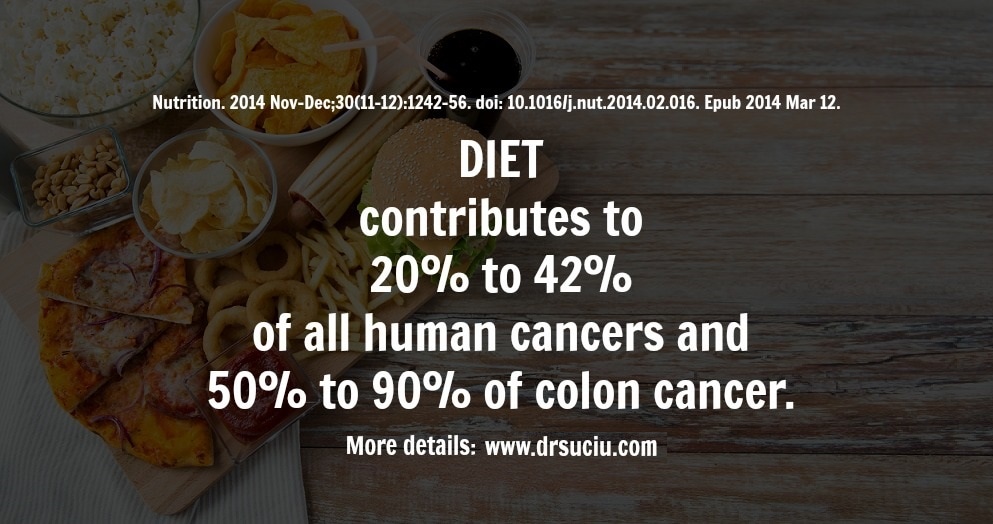
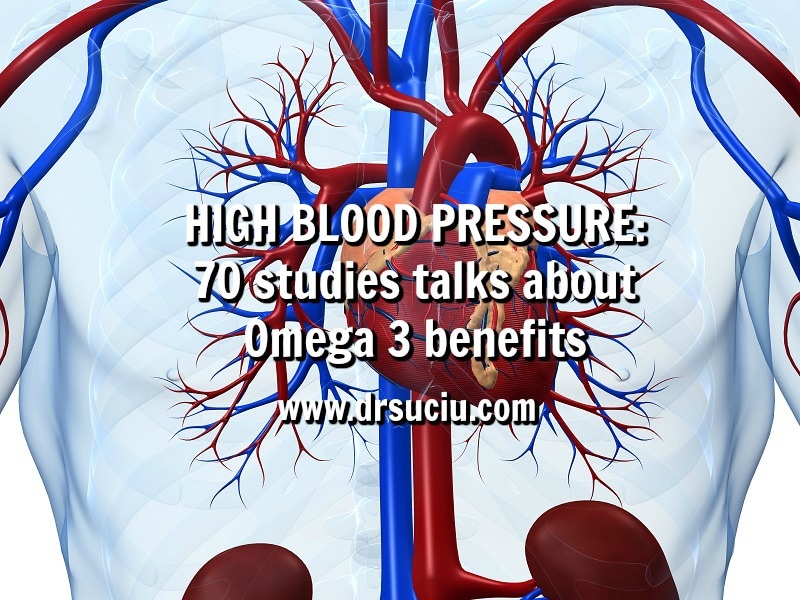
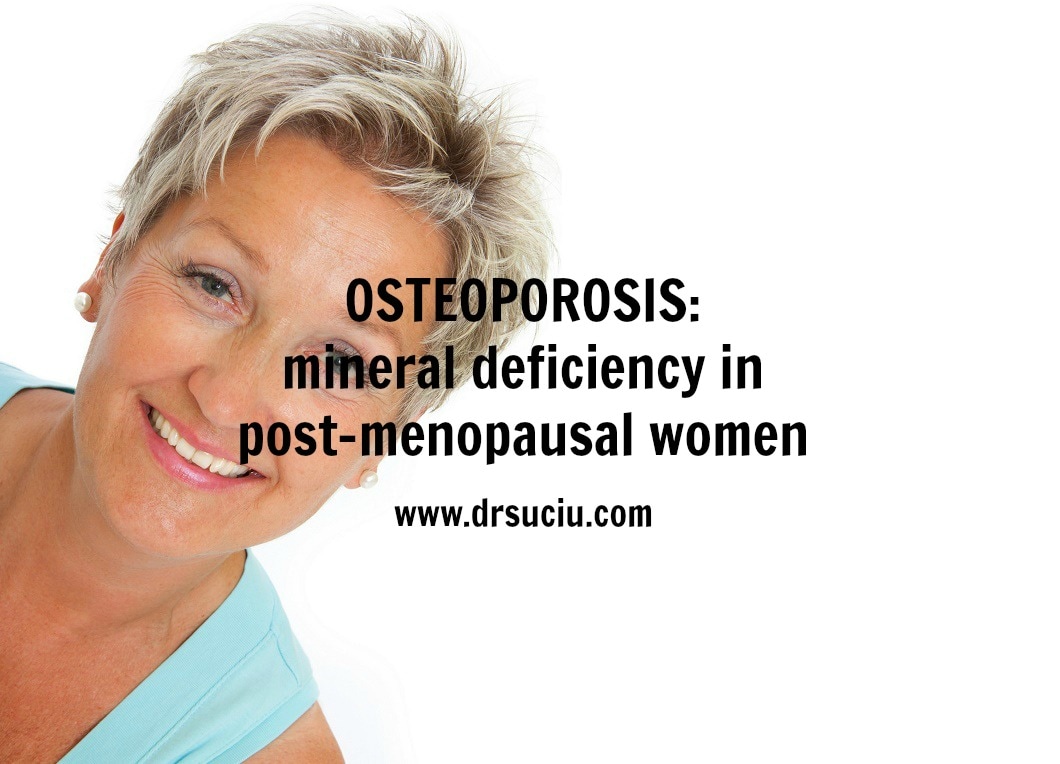
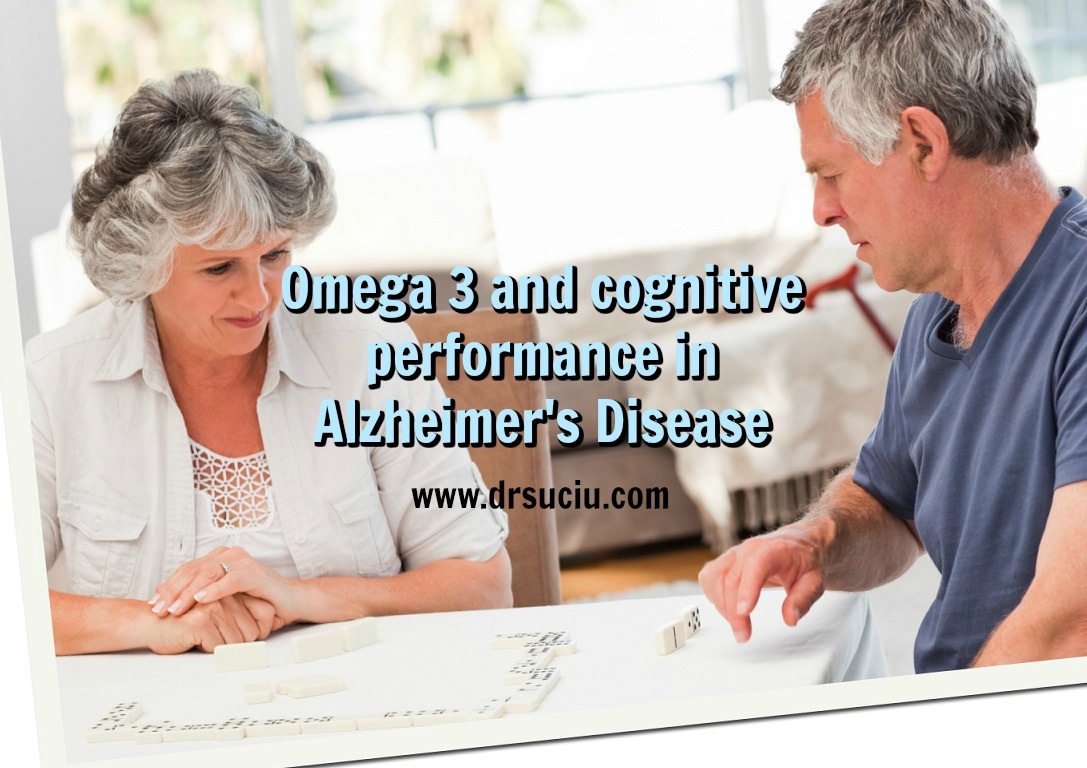
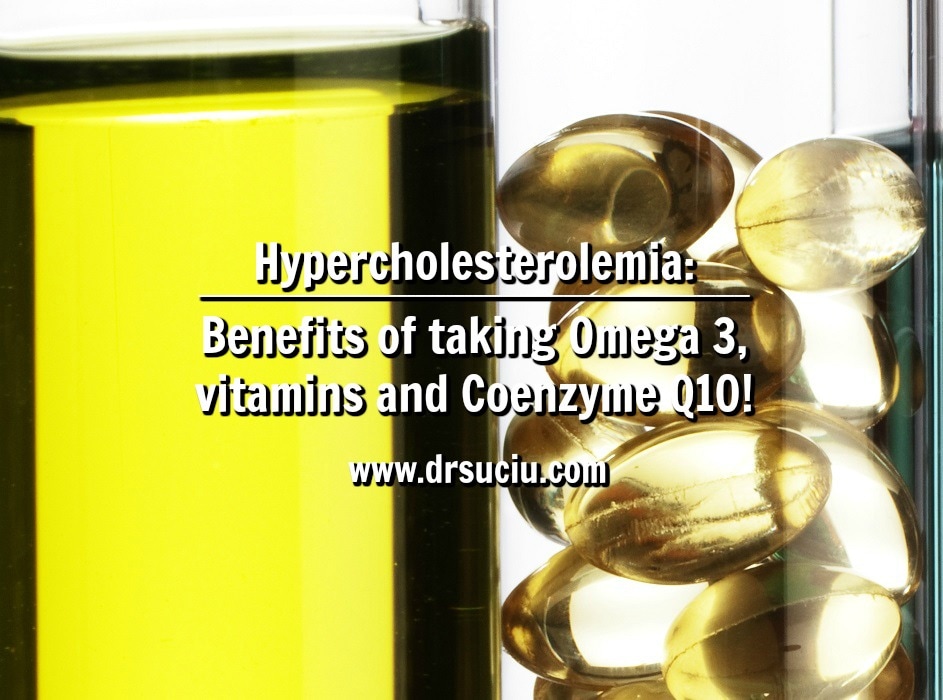

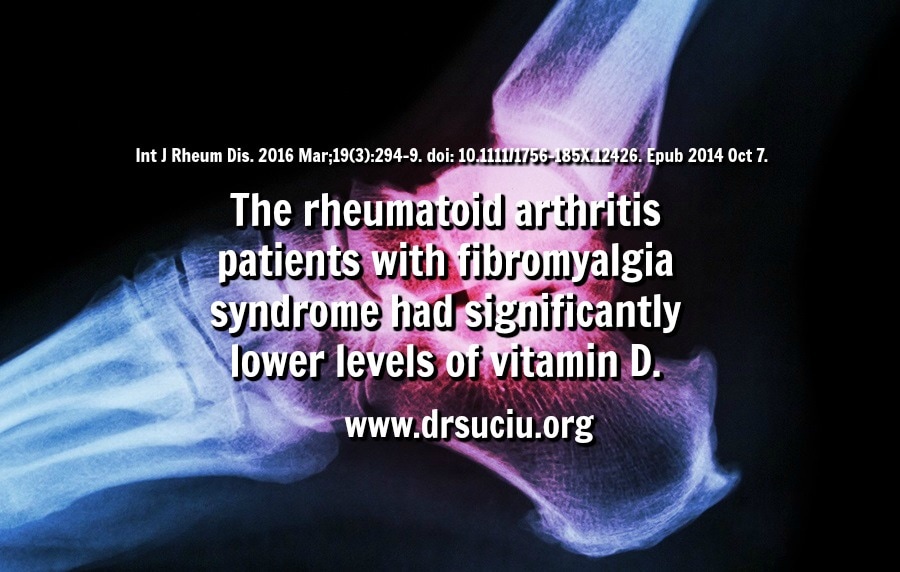
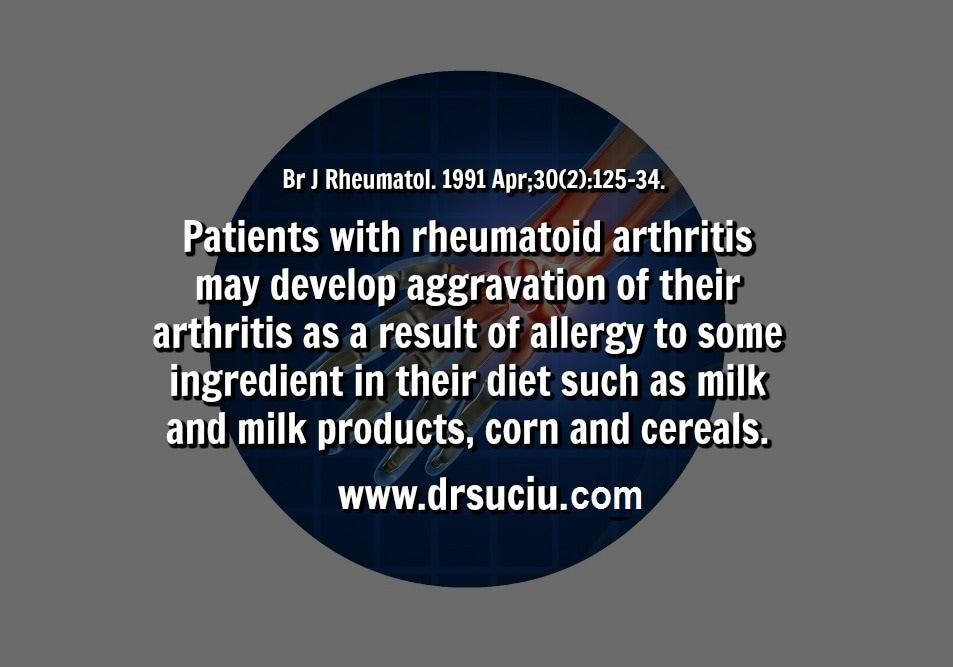
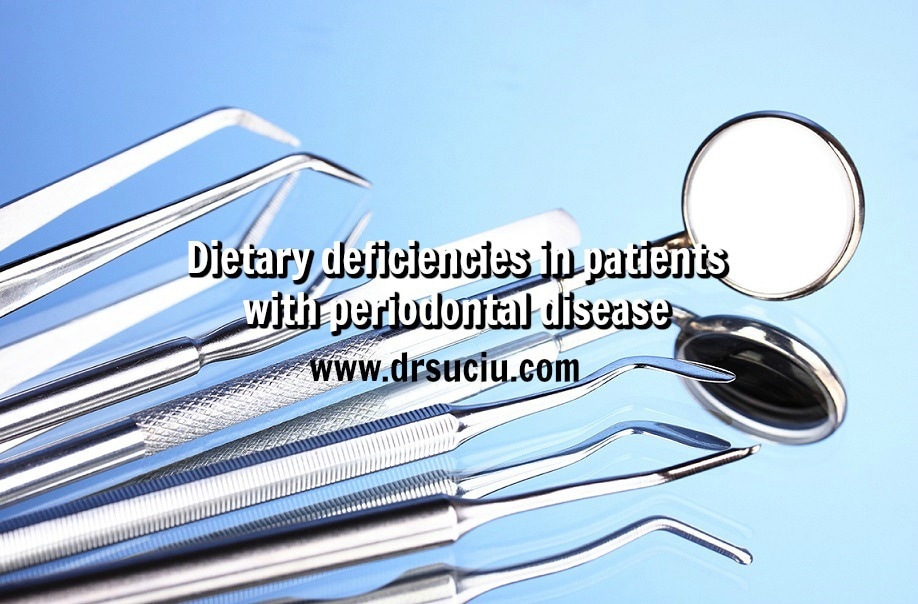


 Flux RSS
Flux RSS